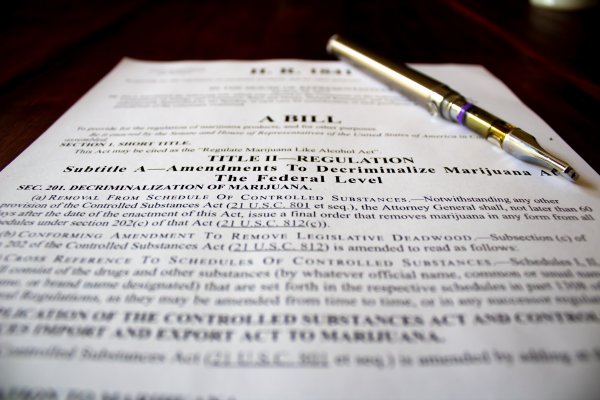Privacy is one of the internet’s most fragile resources. With countless information stored everywhere in online databases, users are naturally afraid of leaks and privacy breaches that may occur without their consent and knowledge. Because of this, the government of US and Europe has decided to take the matter of protecting this information on their hands.
The data in concern here are not only those that may be hacked and illegally obtained. Most of these actually come from big corporations and social media sites such as Facebook and Google and how they may be handling the information provided by users. This is because it is a common practice for them to sell these to third-party advertisers in order for the latter to send more fine-tuned ads based on the users’ preferences.
Europe wants its users to achieve maximum protection for their data. Because the legal obligations and laws may be changed once the data is sent over to the US border, the European Commission and the United States Department of Commerce decided to create a regulatory implementation that directly oversees online data. This is known as the Privacy Shield. This is mostly to guarantee the protection of European citizens’ information so that they can still be under the data protection laws of Europe even if their data is sent over to the US border.
The Privacy Shield Framework ensures that European citizens can still benefit from their privacy laws. Since the European Union and the United States regularly do commerce with each other, it is inevitable for the two to regularly exchange information. This can be through social media sites, business websites, and more.
The European Union, however, has to honor the specific law of Data Protection Directive which limits how business should be able to collect their data. This is not the same case in the USA which is why the Privacy Shield is necessary.
With the Privacy Shield, businesses have to self-certify that they agree to the framework of the privacy shield and that they promote and adhere to its principles. This means that businesses in the USA have to follow certain protocols when handling the data that the user sends from the European Union.
The exact principles which business has to follow are written in this website.
People should know though that the Privacy Shield is not a program or application that can be downloaded on computers or gadgets that share data. Majority of the technology work including encryption of data, filtering, and more are done by the businesses online.
Businesses are also not mandated to follow the Privacy Shield. It is only a benefit for them as it raises their credibility as a business and lets savvy users trust their data processing more.
While it may sound unimportant to the regular person, everyone should actually take note of this agreement.
First, it implies that the USA does not take data privacy security as a priority. This means that major social media websites and those that regularly collect data, even important business ones (such as Google and Zoom) regularly have access to the information stored by their user. They can hold the data for an undetermined amount of time and run statistics on what they collect.
Second, this might result to frequent surveillance by the government on consumer data. Third-party advertisers are not the only one benefitting from the collection of data.
On July 2020, the European Court of Justice have declared that the EU-US Privacy Shield has not been properly implemented, just five years after it was first introduced. It was not able to protect the EU citizens’ data and additional surveillance to the US did not happen. This is a major issue as between the two, the US and EU has a combined trade worth of about 5.6 trillion euros. Many major companies will be affected by this news as their current frameworks are still built to follow the Privacy Shield.
How can I protect myself for this?
Both the citizens of USA and European Union are on the rocks about their data privacy especially because of unclear regulations regarding about this. While EU citizens have strict data-keeping policies for their own countries, they are still unable to achieve maximum security once they trade through trans-atlantic lines.
The solution for this is the use of Virtual Private Networks or VPNs. These are security applications that anyone with an internet can download and use.
These allow a user to safely encrypt their information whenever using the internet. They can choose to hide their location of usage by misdirecting online third parties with a fake location. Depending on the VPN service provider, a user can have access to servers located physically or digitally in Asia, Europe, the Americas, and more.
VPNs also encrypt your IP address as to prevent online entities from being able to track your activities.
With the Privacy Shield now ruled invalid, users are now unsure about the security of online transactions and their safety whenever uploading personal information online. This is why the use of VPNs are slowly becoming a necessity for anyone who are using internet.
VPNs come in both paid and free versions. As expected, free VPNs usually have some sort of catch like advertisements and limited time frames for usage in order to make money to keep their servers running. Notable free VPNs include Hotspot Shield Free, TunnelBear, and ProtonVPN.
Paid VPNs on the other hand include lots of features that can help secure user identity such as torrenting, fast streaming, multiple devices, and more. Some even offer features that allow users to bypass Netflix’s geo-filters which allow them to watch content that may not be offered within their countries. Notable paid VPNs include SurfShark, NordVPN, and ExpressVPN.





